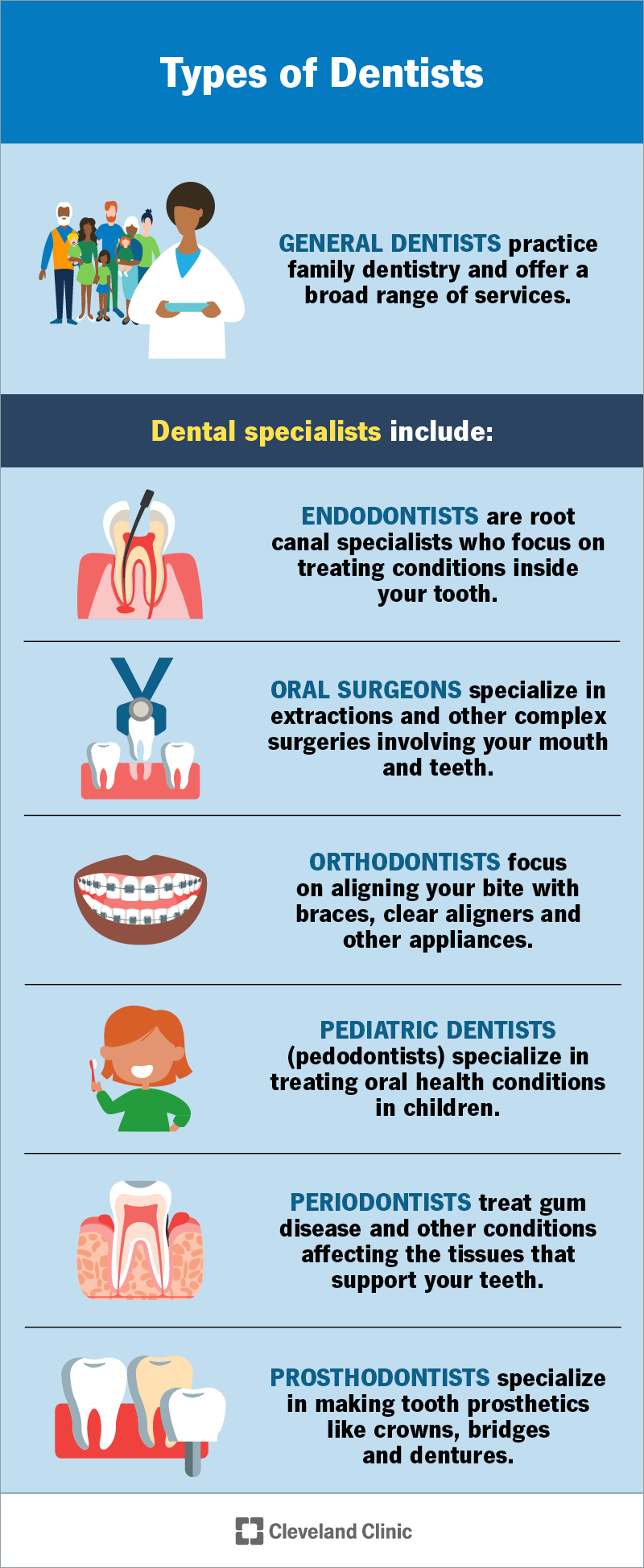Usual Questions Concerning Dental Veneers Responded To
Dental veneers have actually ended up being a progressively in-demand choice for those looking to improve their smiles, yet several people stay unsure regarding different aspects of their usage. As we discover these typical inquiries, it becomes essential to consider not just the advantages however also the implications of choosing for oral veneers in search of a much more certain look.
What Are Dental Veneers?
Oral veneers are slim, customized shells crafted from porcelain or composite resin that are developed to cover the front surface area of teeth. These oral prosthetics serve both visual and practical objectives, supplying an option for numerous dental flaws, including staining, chips, voids, and imbalance. By sticking to the teeth, veneers can considerably boost the general look of a smile, producing a more appealing and consistent look.
Porcelain veneers are specifically favored for their all-natural translucency and discolor resistance, making them a perfect choice for individuals seeking durable outcomes. On the other hand, composite resin veneers are typically cheaper and can be applied in a single go to, however they may not supply the exact same durability as porcelain choices.
The decision to go with oral veneers commonly originates from a desire for aesthetic renovation, but individuals ought to also take into consideration factors such as the durability of the product, upkeep needs, and the potential need for tooth decrease (Veneers). Inevitably, dental veneers stand for a efficient and functional service for achieving a glowing smile, satisfying individual aesthetic requirements while advertising confidence and self-confidence
Just How Are Veneers Applied?
The application process for veneers needs careful planning and precision to ensure ideal outcomes. The procedure generally starts with a detailed consultation, where the dental expert evaluates the patient's oral health and wellness, reviews preferred results, and determines the ideal kind of veneers, whether porcelain or composite resin.
As soon as the treatment plan is developed, the dental expert prepares the teeth by getting rid of a thin layer of enamel, usually regarding 0.5 mm to 1 mm, to fit the veneer. This action is important as it makes sure a correct fit and stops the veneers from showing up bulky - Veneers. After prep work, impacts of the teeth are required to develop personalized veneers that match the patient's unique dental structure and aesthetic choices
While the permanent veneers are being made in a dental lab, short-term veneers may be positioned to protect the prepared teeth. When the permanent veneers are ready, the dental practitioner will very carefully bond them to the teeth utilizing a solid dental adhesive. Last changes are made to make sure correct positioning and bite, followed by polishing for an all-natural appearance. The process finishes in a follow-up visit to keep track of the veneers' fit and the patient's fulfillment with their brand-new smile.
What Are the Benefits?

Moreover, veneers are recognized for their durability and resistance to tarnishing contrasted to all-natural teeth. Made from top quality products such as porcelain or composite material, they can preserve their appearance for several years with appropriate treatment. This durability makes them a functional investment in one's oral look.
Along with aesthetic improvements, veneers can likewise add to enhanced oral health. By covering damaged or damaged teeth, they can provide extra assistance and protection, aiding to stop additional decay or damage. This protective facet can reduce the requirement his comment is here for more considerable dental treatments in the future.

The Length Of Time Do They Last?
With appropriate treatment and upkeep, oral veneers can last anywhere from 10 to 15 years, making them a lasting remedy for improving one's smile. The long life of veneers greatly relies on the product utilized, the top quality of the initial positioning, and the patient's adherence to dental health practices.
Porcelain veneers are recognized for their sturdiness and resistance to staining, usually lasting closer to the 15-year mark when cared for properly. Compound veneers, while more budget friendly, might call for substitute sooner, usually within 5 to 10 years because of their susceptibility to use and discoloration.

Additionally, putting on a mouthguard throughout sports or nighttime can provide added security. Ultimately, while veneers supply a substantial visual enhancement, their long life is dramatically influenced by the commitment to proper dental care and normal consultations with an oral professional.
Exist Any Dangers?
Considering the transformative effects of dental veneers, it is very important to recognize the prospective dangers connected with their application. While veneers can improve the appearance of teeth, the treatment involves the removal of a slim layer of enamel, which can boost tooth level of sensitivity and vulnerability to decay.
One significant risk is the possibility of inappropriate positioning or fitting, leading to pain, bite imbalance, and even damage to the underlying tooth structure. In addition, if the veneers are not maintained correctly, they can end up being tarnished or cracked over time, requiring replacement.
Clients may likewise experience allergic reactions to the materials made use of in the veneers, specifically if they have sensitivities to particular dental compounds. Additionally, while veneers are resilient, they are not undestroyable; extreme force from clenching or grinding can lead to fractures.
It is necessary for clients to talk to a qualified oral specialist to assess their specific risks and to comply with aftercare instructions carefully. By comprehending these dangers, patients can make informed choices regarding their dental veneer therapy and make sure the durability and success of their improvements.
Verdict
In summary, oral veneers stand for a beneficial cosmetic solution for enhancing smiles, about his with factors to consider concerning their application, advantages, long life, and associated threats. Eventually, educated decision-making pertaining to oral veneers can lead to acceptable aesthetic end results and enhanced dental health and wellness.
Oral veneers are thin, custom-made shells crafted from porcelain or composite material that are pop over to this site designed to cover the front surface of teeth. After preparation, perceptions of the teeth are taken to develop custom veneers that match the person's special dental structure and visual preferences.
While the long-term veneers are being produced in a dental laboratory, momentary veneers may be positioned to safeguard the ready teeth. When the irreversible veneers are prepared, the dentist will very carefully bond them to the teeth making use of a solid dental adhesive. Eventually, informed decision-making relating to dental veneers can lead to satisfactory aesthetic end results and enhanced oral wellness.